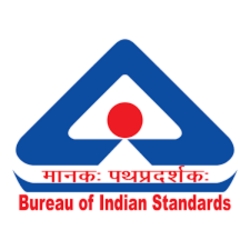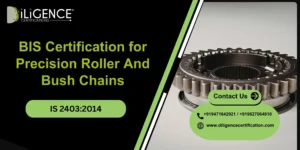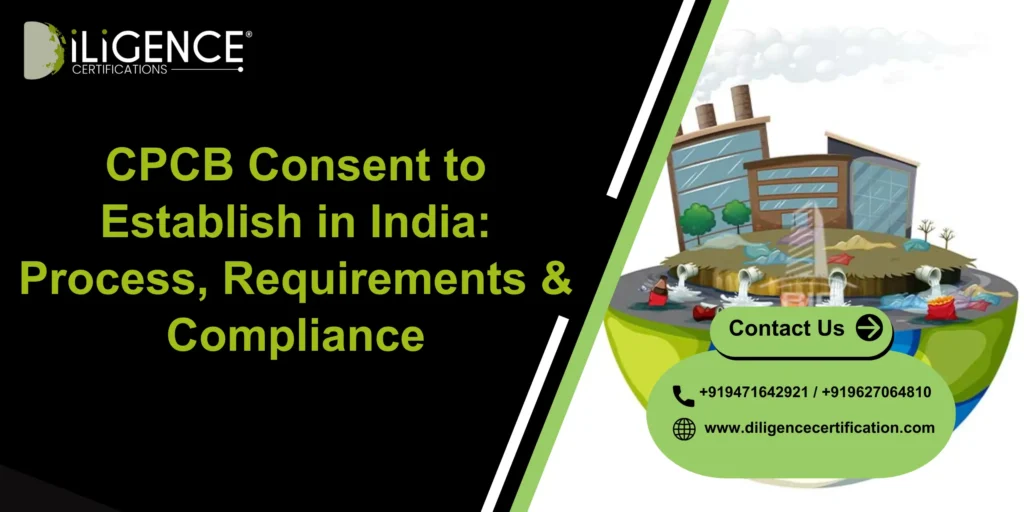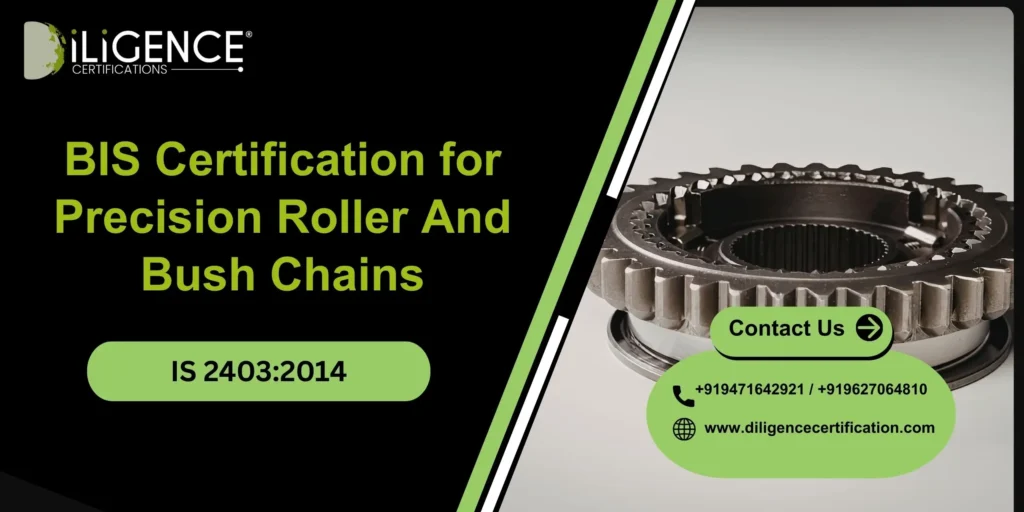- BIS certification under IS 5986:2017 is compulsory for hot rolled steel used in forming and flanging.
- The standard ensures chemical, mechanical, and bend test compliance.
- Certification needs audits, testing, and defined product scope.
- Proper QC and documentation prevent licence issues.
- Certified steel improves market access and buyer trust.
Introduction

The situation of a metal fabricator in Pune, who had to suffer the loss of an automotive supply order because his hot-rolled steel sheet was not certified by BIS under IS 5986:2017, is a telltale example of such cases. Even if the material meets the technical standards, the lack of the ISI licence results in its rejection. This case reflects a growing industry reality—buyers now demand certified steel to ensure reliability and legal compliance. BIS certification for hot rolled sheet, plate and strip used in forming and flanging confirms quality, safety, and performance consistency. For manufacturers and importers, it’s no longer optional but a prerequisite for market acceptance. Bureau of Indian Standards
What is IS 5986:2017?

IS 5986:2017 is a BIS standard that specifies the quality and performance requirements for hot rolled steel sheets, plates, and strips used in forming and flanging operations. It ensures the material’s strength, ductility, and suitability for bending or shaping without failure.
Key points:
- Covers non-alloy hot rolled steel for forming and flanging applications.
- Defines chemical composition and mechanical property limits.
- Requires bend and formability tests for quality assurance.
- Ensures consistent dimensional and surface standards. ISI MARK
- Mandatory BIS certification is needed to sell or use such steel in India.
Why is BIS Certification Mandatory
BIS certification is mandatory to ensure hot rolled steel sheets, plates, and strips meet national safety and quality standards under IS 5986:2017. It is required by the Ministry of Steel’s Quality Control Order for all manufacturers and importers.
Key points:
- Ensures product safety and uniform quality.
- Prevents sale of substandard steel.
- Builds buyer and OEM trust.
- Legally required for market approval.
- Non-compliance can lead to penalties.
Importance & Benefits of BIS Certification
| Importance | Benefits |
| Ensures compliance with IS 5986:2017 standards | Legally allows sale and distribution in India |
| Guarantees product quality and safety | Builds customer and OEM confidence |
| Prevents use of substandard materials | Reduces rejection and rework costs |
| Aligns with government Quality Control Orders | Improves eligibility for public and export tenders |
| Promotes standardisation in steel manufacturing | Enhances brand credibility and market reach |
Step-by-Step Process of BIS Certification

Step1:Documentation
- First of all, collect the documents like company registration, manufacturing license, and product details.
- Then, prepare the test reports, quality manuals, and process flow diagrams.
- Make sure the compliance documents are in conformity with IS 5986:2017 standards.
- Also, it is a good idea to have all the records handy for the BIS review and audit reference.
Step2:Product Testing
- Tests should be done in a laboratory that is either recognised or approved by BIS.
- Verify results for chemical composition, tensile strength, and bend tests.
- Maintain traceability between test samples and production lots.
- Rectify any deviations before submitting final reports.
Step3:Application Submission
- Filling out the certification form of BIS online through the BIS portal is the first step here.
- Next, upload all the supporting documents and lab test results.
- Carry out the payment for the application and inspection fees as prescribed.
- Obtain an application reference number for tracking.
Step4:Scrutiny and Inspection
- BIS officials review submitted documents and test data.
- Factory inspection is conducted to verify facilities and QC systems.
- Random product samples may be drawn for independent testing.
- Any non-conformities must be resolved before approval.
Step5:Grant of License
- BIS issues the certification licence after successful audit and testing.
- The manufacturer is authorised to use the ISI mark on approved products.
- Licence validity typically extends for two years with periodic renewal.
- Regular surveillance ensures ongoing compliance with IS 5986:2017.
Documents Required for BIS Certification
| Category | Documents Required |
| Company Details | Registration, GST, PAN, factory licence |
| Product Info | Grade, specs, and manufacturing process |
| Quality Control | Test reports, QC manual, calibration records |
| Lab Reports | BIS-approved lab test results (IS 5986:2017) |
| Factory Setup | Machinery list and production layout |
| Personnel | Technical staff details and qualifications |
| Legal Docs | Authorisation letter and trademark (if any) |
| Importers | Foreign manufacturer agreement and invoices |
Timelines, Costs, Validity & Renewal
- Timelines: Usually, it takes about 30-45 days for Indian manufacturers and the processing time for foreign applicants can be up to 6 months.
- Costs: The money that is needed to cover all the costs is the money for the application, testing, audit, and marking fees.
- Validity: The license remains valid for a period of 2 years.
- Renewal: At every 2-year interval, renew with the latest reports and payment of the fee.
Why Choose Diligence Certifications
- Expert Guidance: They are qualified consulting professionals who are well-versed in BIS procedures, technical standards, and industry requirements under IS 5986:2017.
- End-to-End Support: Providing the assistance which includes document preparation, lab coordination, factory audits, and licence issuance.
- Time Efficiency: The time for approval is kept to a minimum due to the process being expedited along with reduced waiting periods for administrative tasks.
- Accurate Compliance: The scope of the application, the inclusion of the grade, and the BIS portal are looked at in every application.
- Industry Experience: The company has been able to correspond to the success of steel mills, fabricators, and OEM suppliers across India.
- Post-Certification Assistance: Continuous availability of support for renewals, surveillance audits, and scope extensions.
Conclusion
BIS Certification of hot rolled steel sheet, plate, and strip as per IS 5986:2017 is more than just a requirement of the authorities. It is an emblem of confidence, good quality, and conformity. It is a guarantee that the materials employed for forming and flanging are safe and perform well as per the standards prescribed by the country, thus, shielding the manufacturers and the end users. Hence, obtaining BIS clearance is a step towards increased trustworthiness, wider market reach, and cost saving for the steel producers, importers, and fabricators.
Partnering with Diligence Certifications, a dependable and trustworthy service provider, makes it easy and less stressful to go through the entire certification period from preparing the documents, carrying out the audit, and getting the licence renewal, thus, ensuring that everything is in order, on time, and follow the rules.
Frequently Ask Questions
What is IS 5986:2017?
IS 5986:2017 is an Indian standard mainly dealing with specification for carbon steel sheets, plates, and strips for cold forming. It specifies the chemical composition, mechanical properties, and testing methods to standardize quality.
Why is BIS certification mandatory for hot rolled steel under IS 5986:2017?
BIS certification was enforced by the Ministry of Steel as a must for high-quality safety-compliant steel products that meet Indian standards. Without BIS sanction, such steel cannot be sold or used in India.
Who needs BIS certification under IS 5986:2017?
Manufacturers and importers dealing with hot-rolled steel sheets, plates, and strips for forming and flanging must hold a BIS certificate if they want to sell their products in India.
What tests are required for BIS certification under IS 5986:2017?
Among the tests are chemical analysis, tensile tests, and bend/formability tests to prove that the steel meets the strength and ductility characteristics of the standard. Tests should be performed in a lab approved by BIS.
How long does it take to get BIS certification?
Normally local manufacturers accomplish it in a month to a month and a half. Foreign producers coming through FMCS (Foreign Manufacturers Certification Scheme) need about half a year for their applications to be processed.
What documents are required for BIS certification?
Such papers encompass corporate registration, factory licence, GST and PAN, product description, test reports, quality control handbook, list of machines, and lab results approved by BIS as per IS 5986:2017.
What is the validity of a BIS licence under IS 5986:2017?
A BIS licence is effective for two years and should be renewed with the latest test reports and a paid renewal fee.
What are the benefits of BIS certification for hot rolled steel?
One benefit is that the product becomes more trustworthy. Furthermore, certification ensures compliance with government regulations, facilitates byer trust, lowers refusal rates, and unlocks market access locally and abroad.
What if a manufacturer sells steel without BIS certification?
Offers of hot rolled steel without certification are contrary to the standards governed by the Quality Control order (QCO) and may lead to fines, confiscations, or lawsuits initiated by the regulatory authorities.
How can Diligence Certifications help with BIS approval?
Diligence Certifications is the one-stop shop for your needs in terms of documentation, testing coordination, BIS portal submission, factory audit assistance, and licence renewal — thereby certifying a hassle-free.








 BIS Certification
BIS Certification
 CDSCO
CDSCO
 CPCB
CPCB
 LMPC
LMPC
 WPC Approval
WPC Approval
 Global Approvals
Global Approvals
 TEC
TEC
 ARAI
ARAI
 BEE
BEE
 ISO Certification
ISO Certification
 Drone Registration
Drone Registration
 NOC For Steel
NOC For Steel



















 Business Registration
Business Registration














 Legal Services
Legal Services
 Trademark Registration
Trademark Registration
 Copyright Registration
Copyright Registration
 Patent Registration
Patent Registration

















































